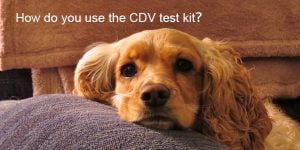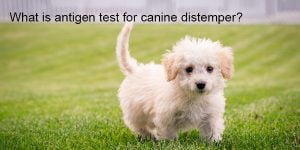How can I treat my dogs’ distemper at home?
Once you have recognized the symptoms in your dog, contact your vet immediately, and separate your sick dog from other pets. When treating your dog, make sure your dog is hydrated. If your dog refuses to drink, you might have to offer them water with a syringe.










